Happy 80th Birthday, Bob Dylan! Fellow Artists Pay Tribute to the Legend
by Harvey Kubernik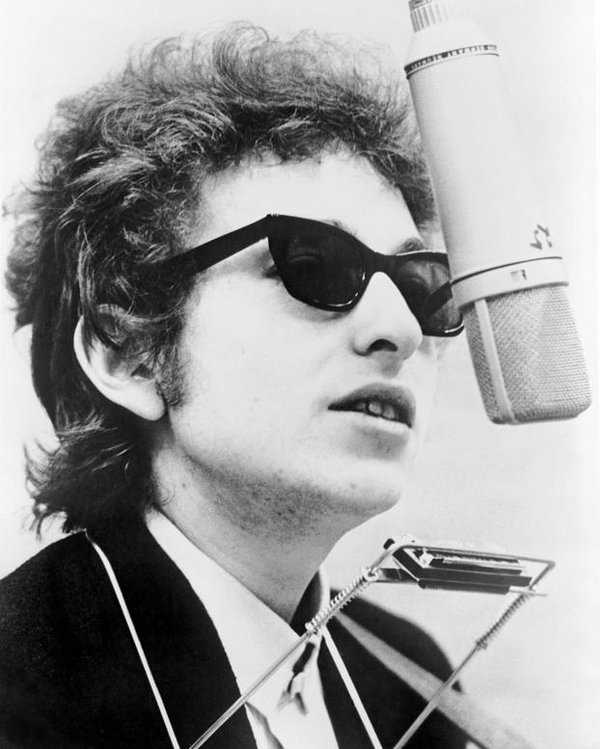 There are so many aspects of Bob Dylan’s journey that are intriguing, informative, daring and educational. Over the last 50 years, music journalist/historian Harvey Kubernik—during the course of thousands of interviews he’s conducted—has asked numerous artists to weigh in with their thoughts on Dylan. Here, as we honor Dylan on his 80th birthday on May 24, are some of the more notable replies.—editor
There are so many aspects of Bob Dylan’s journey that are intriguing, informative, daring and educational. Over the last 50 years, music journalist/historian Harvey Kubernik—during the course of thousands of interviews he’s conducted—has asked numerous artists to weigh in with their thoughts on Dylan. Here, as we honor Dylan on his 80th birthday on May 24, are some of the more notable replies.—editor
Johnny Cash: I became aware of Bob Dylan when the Freewheelin’ album came out in 1963. I thought he was one of the best country singers I had ever heard. I always felt a lot in common with him. We met at Newport in 1964. It was like we were two old friends. There was none of this standing back, trying to figure each other out. He’s unique and original. I don’t see anybody come close to Bob Dylan. I respect him. Dylan is a few years younger than I am but we share a bond that hasn’t diminished. I get inspiration from him.
Listen to Dylan and Cash duet on “Girl From the North Country”
Andrew Loog Oldham [former Rolling Stones manager/producer]: If it were not for Dylan and his manager Albert Grossman I might not be here. I worked for them for 10 days in January of 1963. The first 20 minutes in their hotel room, I wanted in. The magic between them was a working marriage that informed me and let me know what might be possible. I met the Rolling Stones in late April of the same year.
Jackson Browne: The way he opened up our thinking and our feeling and our view of the world only has to be done once. As a people, we’re constantly growing, expanding, but the changes that Bob Dylan brought to rock ’n’ roll and songwriting are permanent. They’re part of us. People who are just being born into it now are being born into a world that wasn’t that way until Bob Dylan made it that way.
Ian Hunter: It’s no secret that I’ve always acknowledged Bob Dylan as one of my heroes. [When] we were introduced, Dylan started jumping up and down saying, “Mott the Hoople! Mott the Hoople!” Here I was talking to Dylan, and I thought he didn’t like Mott the Hoople by the way he was acting. I didn’t need this shit mocking me. But then he turned around and said, “No. man, I dig Mott the Hoople!”
Jim Keltner: At the [August 1971] Concert for Bangladesh, when George [Harrison] introduced Bob, I stood backstage and Dylan walked on. Jean jacket, kind of quiet the way Bob always is. Bob walked by me on his way to the stage. I had already recorded with him a couple of months earlier, and I sort of knew him. He walks out there on the stage and puts the harp up to his mouth and starts singing and playing and chills went up and down my arms. His voice and the command, it was awesome.
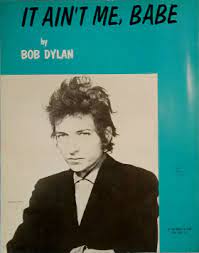 Howard Kaylan [Turtles lead vocalist]: All of us, as singers and performers, keep those great songs in the pipeline so they are not forgotten. It doesn’t have to be a great Bob Dylan song or a Tim Hardin song or even a great Leiber and Stoller song. If it’s great and forgotten you kind of feel like you are a missionary as far as getting those things to the public.
Howard Kaylan [Turtles lead vocalist]: All of us, as singers and performers, keep those great songs in the pipeline so they are not forgotten. It doesn’t have to be a great Bob Dylan song or a Tim Hardin song or even a great Leiber and Stoller song. If it’s great and forgotten you kind of feel like you are a missionary as far as getting those things to the public.
Robby Krieger [Doors guitarist]: I saw Dylan perform, I think, in 1963. I had never heard him before. [Some friends] had his debut LP, and I got totally into him. I really liked his guitar playing. I thought he was a great fuckin’ acoustic player. He did some stuff that was pretty damn good. And his harmonica work, I had never heard anyone play harmonica like that. Not a blues harmonica player sucking in the notes. I was amazed he could do all that stuff and sing at the same time. Then I loved his Bringing It All Back Home LP. That was my favorite. It all made sense. And I loved Dylan’s Highway 61 Revisited album.
Related: Our Album Rewind of Blood on the Tracks
Al Kooper [keyboardist on numerous Dylan recordings]: No one talks about Bob’s piano playing. Bob had a very unusual way of playing in that he didn’t use his pinkies. So both his pinkies were up in the air when he played the piano and that’s very interesting to me. I used to really get a kick out of that.
D.A. Pennebaker [documentary filmmaker]: Originally, when I made the film Dont Look Back, I wanted to be sure it wasn’t about music, that it was about Dylan. Maybe it should have been more about music, but Dylan was what everybody wanted to know about. And the music they could get on the records. There was no myth or legend yet. It was so incredible. Dylan had such an amazing kind of mercurial sense that translated to people.
Marianne Faithfull: I had never seen a person like Bob Dylan. Never in my wildest dreams could I have imagined anyone like Bob in 1965, his brain. I was frightened, but they were probably more scared of me. He played me the album Bringing It All Back Home. It was just amazing. I worshipped him.
Allen Ginsberg [poet]: He turned me on to actually singing. I remember the moment. It was a concert with [folk singer] Happy Traum that I saw in Greenwich Village. I suddenly started to write my own lyrics. Dylan’s words were so beautiful. The first time I heard them, I wept. Dylan [was] singing “Masters of War” from The Freewheelin’ Bob Dylan, and I actually burst into tears. It was a sense that the torch had been passed to another generation.
Listen to “Masters of War,” from 1963
Ram Dass [spiritual teacher]: I came from classical and jazz. I really liked Dylan. He was close to Allen Ginsberg, and I was close to Allen. I loved Dylan’s music and took many acid trips listening to his music.
Related: The Bob Dylan Center will open in Oklahoma in 2022
Robbie Robertson: There was a thing that happened between Bob and The Band on stage; when we played together we would just go into a certain gear automatically. It was like instinctual, like you smelled something in the air, and it made you hungry. And the way we played music together was very much that way. Whether we were playing in 1966, or 1976, or when we did the tour together in 1974, we would go to a certain place where we just pulled the trigger. It was like, “Just burn down the doors ’cause we’re coming through.” And it was a whole other place that we played when we weren’t playing with him. So it was like putting a flame and oil together, or something.
Bob Johnston [producer]: In 1965, I was working with Dylan in New York and I said, “Listen, man, you ought to come to Nashville sometime. I finished Highway 61 Revisited, and then Dylan called me about six months later and he said, “Man, I got a bunch of songs. What do you think about going to Nashville?” In 1966, we went down there for Blonde on Blonde and he stayed in the studio 10 or 12 hours. He never left it. He’d eat candy bars and drink milkshakes and all. About two in the morning Dylan came out of the studio and said, “I got a song, I think. Is anybody left here?” The first thing we did was “Sad Eyed Lady of the Lowlands.” That was the first thing that we did for Blonde On Blonde.
Related: More from Johnston on Dylan’s Nashville sessions
Charlie Daniels: The Nashville Skyline record was a departure for Dylan. It was just so different than anything I had heard him do. “What else you got, Bob?” And of course, Dylan is a big first take guy; if you can get it on the first take, that’s how he wants it. I like that about him. I’m the same way.
Chris Hillman: At the Monterey Pop Festival, the Byrds did Bob Dylan’s “Chimes of Freedom.” I didn’t realize how beautiful that lyric was until years later. And [Byrds manager] Jim Dickson, who brought “Mr. Tambourine Man” to us, instilled in us the concept of depth and substance. He said, “Do you think you’re gonna be able to listen to this 40 years later?” “Chimes of Freedom” we did on our first album.
Roger McGuinn: We didn’t get “Mr. Tambourine Man.” [Dickson] had to bring Bob Dylan around to the studio for us to do the song at all. After “Mr. Tambourine Man,” we just loved Bob Dylan’s writing. I had a real heart for his lyrics and really sang them from the heart. I remember one time he took me aside and said, “You know, I used to think of you as just an imitator but I heard ‘Lay Down Your Weary Tune,’ and you’re doing something that wasn’t there before. That’s really good.” [But] after we did [Dylan’s] “All I Really Want To Do,” Dylan responded, “What was that?” And we responded, “That was one of your songs, man.” “I didn’t recognize it,” he said.
Related: Listings for 100s of classic rock tours
Chrissie Hynde: Bob Dylan’s “Forever Young” has got such a beautiful lyric. I just love it. He’s the pride of our generation. The song is genius. I’ll tell you another great Dylan album, that was not one of his most popular ones, was Shot Of Love. [And] Time Out Of Mind. It’s one of his best albums. He just sings magnificently, for a start. Bob always writes impeccable songs, but my suspicion is that he’s a little impatient in the studio. On this one, he really stuck it out and got gorgeous vocals. The singing is fantastic. You don’t feel like he just wheeled the band in and played all the songs and left. Each song is very carefully thought out.
Watch Hynde sing Dylan’s “I Shall Be Released”
Related: Chrissie Hynde will release a Dylan tribute album

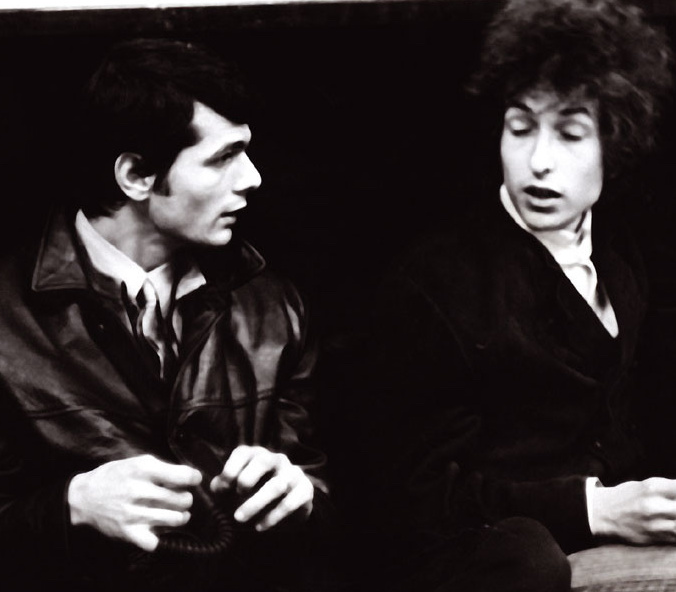
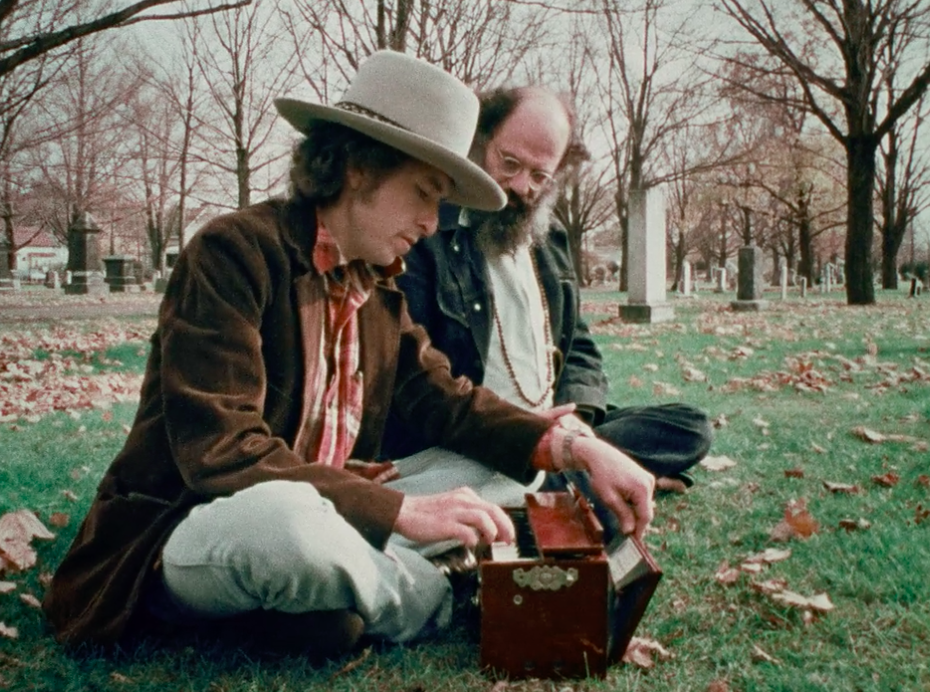
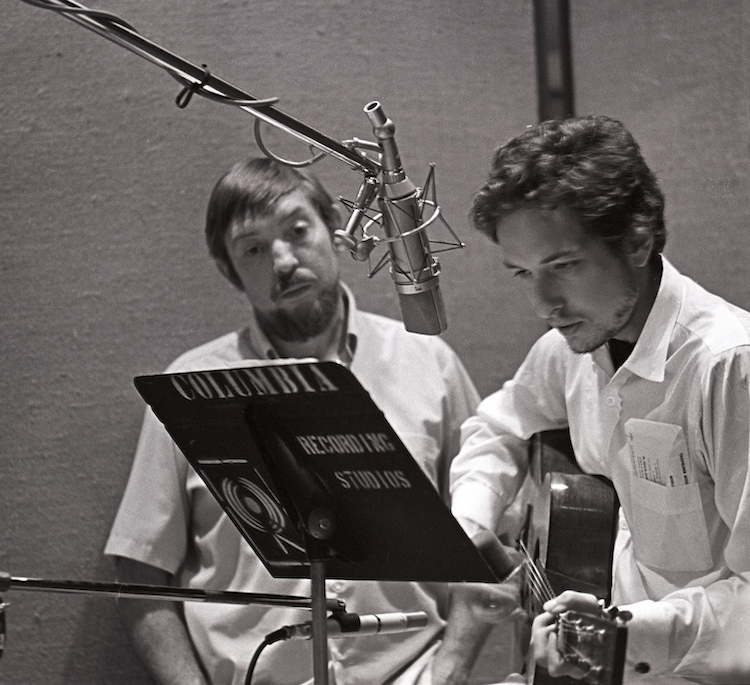
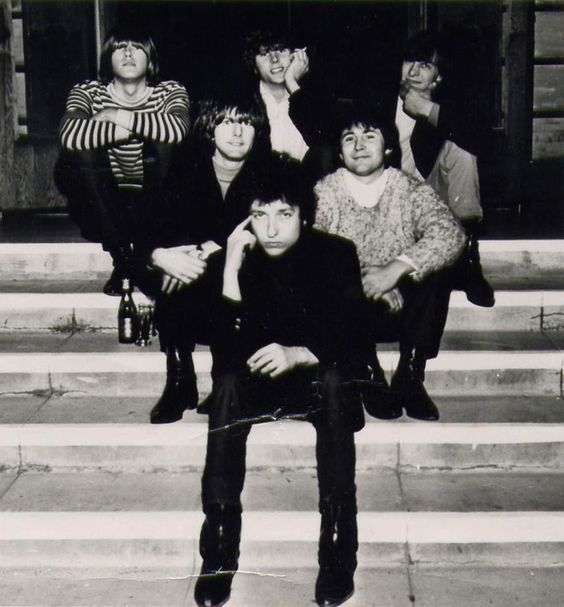

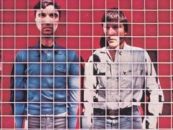
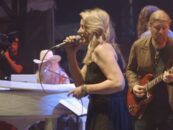
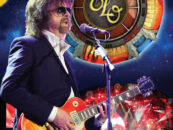

3 Comments so far
Jump into a conversationBob Dylan woke up the minds of my generation in the Sixties and has forever changed the world for thinking people. Woefully it seems that the number of thinking is shrinking.
Rock on Bob ❤️
Fantastic article, Harvey! And with Bob’s 80th, it’s surely time to toxic end fake accusations of Dylan being a “fraud” “plagiarist” and “sellout”. The article linked does just like. HAPPY BIRTHDAY, BOB!